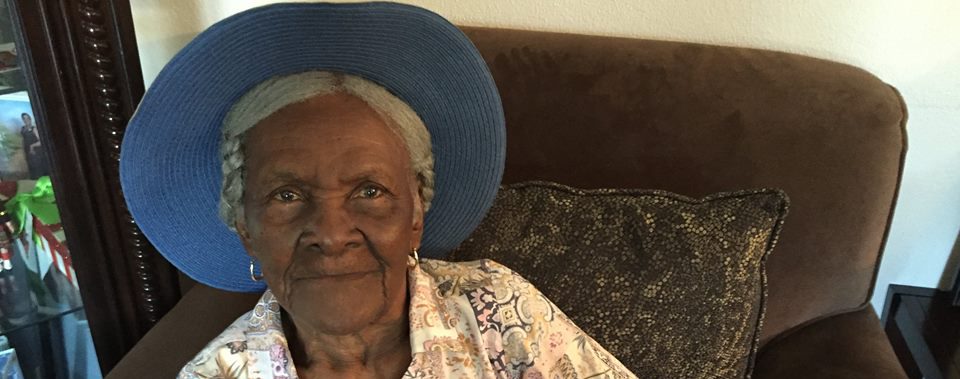

“Life makes no promises. No guarantees. Yet there is this compact we have. This connection that says you will get the things you need to get through. Not all the time need . . . but occasional need that must be, will be, filled. Their Memories, Our Treasure fulfills this compact with life. The strength, the beauty, the lovingness of these women let us know why we go on. And they these footsteps in faith must be followed.” — Nikki Giovanni
An Editorial Explanation By Dr. Gloria Wade Gayles
The book, Their Memories, Our Treasure, represents more than 144 hours of interviews Young Scholars conducted with African American Women of Wisdom who mentored them in the SIS Oral History Project. This number does not include the countless hours Scholars devoted to seminars, community lectures, research, travel, conferences, writing, transcribing, editing and proofreading.
During the research period, each Young Scholar conducted at least four one-hour interviews with her Mentor. In several instances, Scholar and Woman of Wisdom bonded so well that the number of interviews was increased to five and the length to two hours—in two instances, to three.
At the first annual SIS banquet held in April 2003, Mrs. Judith Mae Ferrell, a ninety-three year old woman who received the letter of invitation barely two months after she had buried her daughter, Dr. Joyce Clark, a Spelman graduate and the mother of a Spelman graduate,” testified, in the tradition of her faith, how much comfort SIS had brought her during her period of grief. She was strengthened by her attendance at SIS activities, by conversations with her mentee, Lindsay Young, and, of course, by her faith.
“I always wanted to be somebody,” she told Lindsay, and she was becoming somebody through the project. But she asked, “Am I worthy?”
Through this volume and our efforts to incorporate in our lives many of the values that sustained individuals like Mrs. Ferrell, we hope SIS can be worthy of the bounteous wisdom Mrs. Judith Mae Ferrell has given all of us.
When transcribed, the collective interviews with each Woman of Wisdom averaged thirty pages, a length exceeding space and cost limitations of this volume. For that reason, we edited and excerpted the collective interviews; collapsed them into individual narratives, called “Stories of Wisdom;” and submitted the narratives to Women of Wisdom for their review and approval. As we anticipated, several of the Women requested that stories shared confidentially with Young Scholars not be included in the volume. In spite of this request and SIS editing, the resultant narrative retains the authentic voice of each Woman of Wisdom.
This volume is different from most anthologies of oral narratives in that (a) the narratives were collected by undergraduate students after a brief period of training rather than from established scholars with years of experience in oral history and (b) that the interviewees, unlike in most oral history projects, are not a homogeneous group. The group includes domestics, teachers, secretaries, an entrepreneur, a minister, a librarian, and an artist.
These differences reflect the dual goal of SIS: (1) to collect life stories of African American Women of Wisdom that would provide Young Scholars with the inter-generational education Danielle Phillips explains in her introduction and (2) to honor women who came before us and on whose shoulders all of stand.